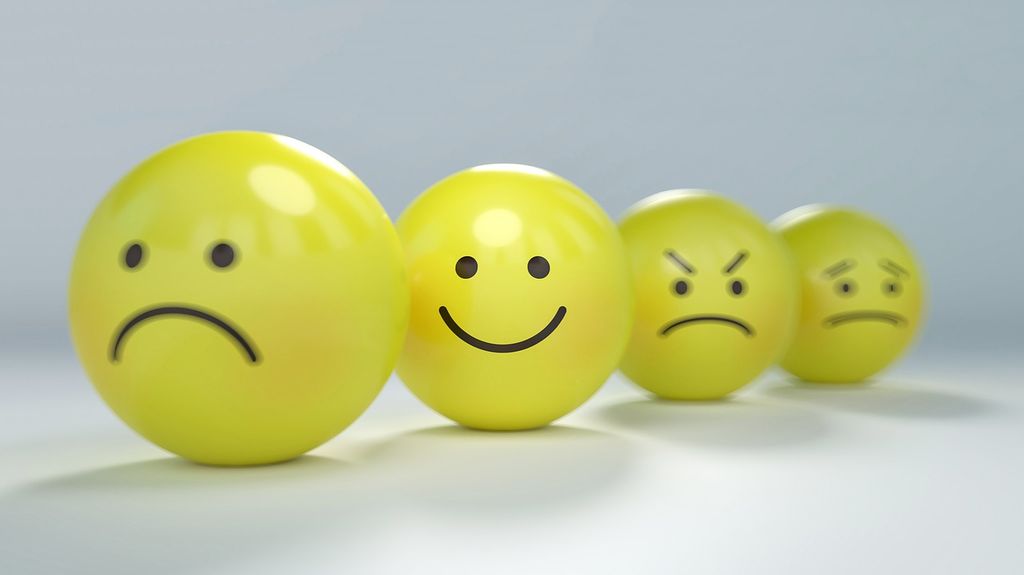Passive Aggressiveness
May 20, 2019 • 8 views

A person is called passive aggressive when he/she doesn’t express their negative feelings directly but rather in a nonverbal, indirect, passive way.
Passive aggressive people tend to suppress their emotions and seek outlet to let their emotions by doing things which they know will hurt others. They seem to want to punish or express their resentment towards someone in a subtle way.
TheDiagnostic and Statistical Manual of Mental Disordersrevision IV (DSM-IV)describespassive aggressive personality disorder as a "pervasive pattern of negativistic attitudes and passive resistance to demands for adequate performance in social and occupational situations."
A lot of us come across these patterns in our everyday life, but we tend to fail to identify them.
It can also be viewed as an unhealthy means of dealing with one’s feelings or a defence mechanism. Most passive aggressive people try to portray their emotions in a positive way, but their underlying anger, disappointment or resentment can mostly be detected.
Some commonly linked attitudes and behaviours indicating passive aggression can be sullenness, procrastination, silent treatment, sarcastic tone, subtle insults with complements, avoiding people.

Identification:
Most common attitude of Passive aggressive people is lack of communication, avoidance and cutting down on people. They tend to isolate themselves from people instead of talking about what is bothering them. If somebody tries to confront them, they’ll deny it saying it doesn’t bother them, when it does. They don’t express their aggression but would rather distance themselves from people they don’t like as a measure to hurt or punish them or to distance themselves to avoid being hurt.
A lot of people act sulky and resist most of the things that come their way. When asked to go shopping, or to a party they might just say they’re not in the mood for it.
Procrastination, excuses and lies can also be an indicator, when a person delays a task or doesn’t complete it on time. They might push it to the last minute and justify why the job has been delayed or that they forgot to do it. Maybe they don’t want to do you a favour.
Some compliments with subtle low laying insults or indicators to hint on a bad past or just a way to portray their negative feelings, like ‘Your scores are so good, I never expected this from you’,‘I like your dress, but I wish it wasn’t so sparkly’with disguised disappointment.
Some people don’t like intimacy and might not engage too deeply in a relationship.
They might also indulge in the practise of playing the victim and blaming others for things that go wrong, or make themselves the victim of any situation

Causes:
Upbringing/Environment:
If a person is bought up in an environment where they’re not able to express their feelings and are looked down upon for being very expressive, they might learn to suppress their emotions and let their emotions flow In a passive manner.
The kind of environment and people that we grow in shape us as individuals.If we grow up around people who are passive aggressive, we tend to become like them.
As an easy way to deal with emotions/ defence mechanism:
When we don’t really want to have an argument, but still want to voice our opinions in a way that doesn’t cause too much harm but lets the other person know of your disapproval or disappointment, we are looking for the easy way out without too much drama or direct conflicts.
It can result as a defence mechanism of Negative past experiences which hinder emotional passage, when we don’t want to get hurt again by being too expressive or feeling too much.
It can also be because of envy.
It can be deliberate or accidental, sometimes it gets hard to identify. Most of these signs are subtle and not covert. Might be a result of underlying disorders or just a part of the personalities.
Most of these destructive attitudes can be to show that you have no control over them or to be a people’s pleaser. However, it can be altered by analysing and deconstructing these patterns of passive aggressiveness by self-awareness, little changes in habits and behaviour, being more expressive and by communicating with people.
